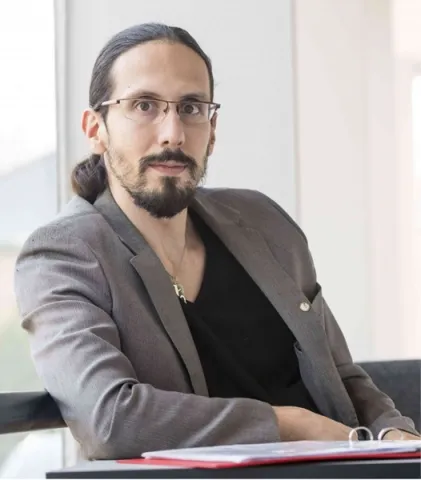About the project
The University of Southampton is expanding its PhD research in the area of Quantum Technology Engineering. In addition to the research project outlined below you will receive substantial training in scientific, technical, and commercial skills.
Quantum entanglement is fragile and present-day quantum computers usually require to be cooled down at milli-Kelvin temperatures to work, which require the use of cumbersome and very expensive dilution fridges.
At Southampton, we're breaking barriers toward operating quantum technologies at room temperature. Our groundbreaking development of phonon-polariton buses utilizes hybrid photon-phonon quasiparticles to transmit quantum information without the need for the costly and bulky dilution fridges that milli-Kelvin environments demand. The next ambitious step will be integrating these buses with established qubit technologies as defects in diamond and Silicon Carbide.
You'll embark on a theoretical exploration, modeling the transmission of quantum data across diverse photonic and phononic systems. Your challenge is to assess the efficacy of these buses in practical quantum computing applications, aiming for optimal fidelity in every task.
Your toolkit will be extensive: from numerical methods to analytical techniques, you'll gain expertise in open quantum systems theory and the many-body theory of photons and lattice vibrations interacting at the quantum level. You will also get hands-on experience with COMSOL and other cutting-edge electromagnetic and multiphysics simulation software learning precious transferable skills.
This project is a collaborative effort with leading theoreticians and experimentalists across the EU and the US. You'll find yourself traveling, engaging, and overseeing the application of your theoretical models in state-of-the-art quantum experiments.
